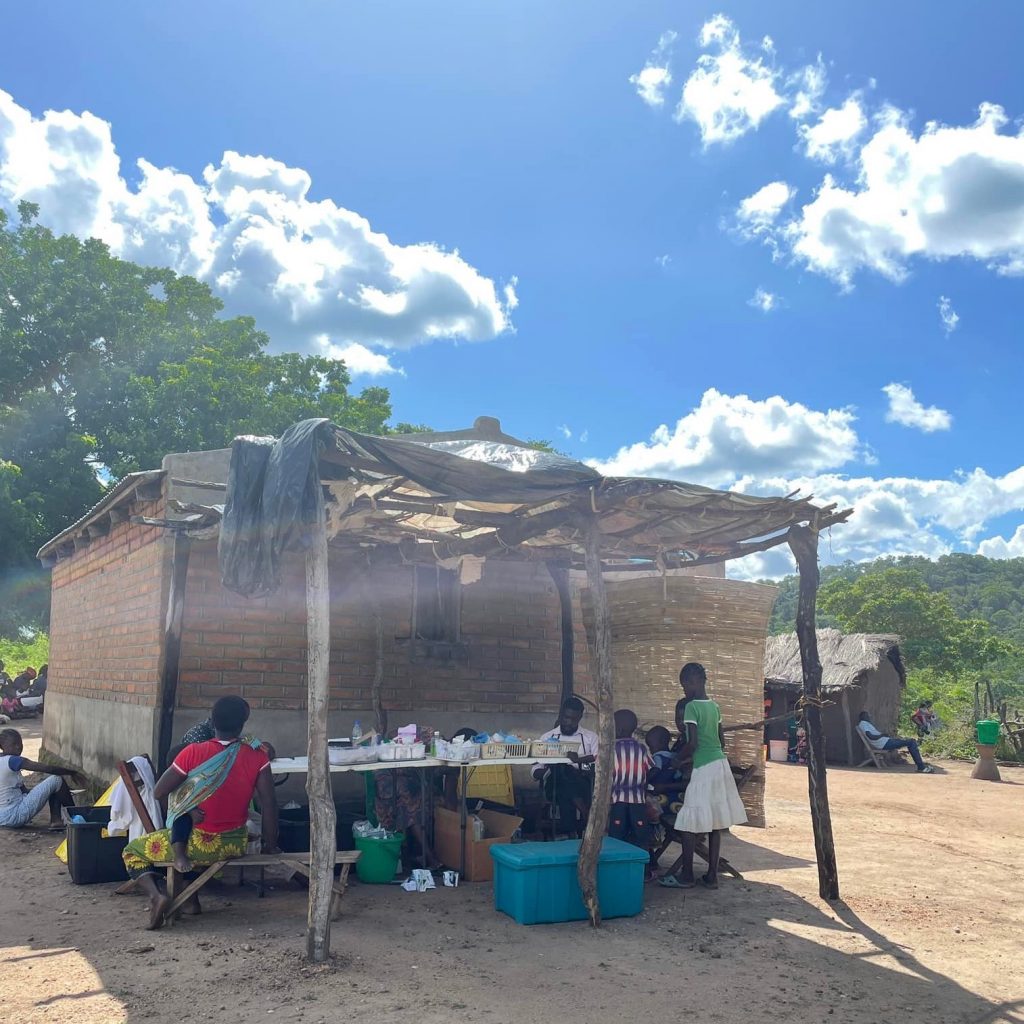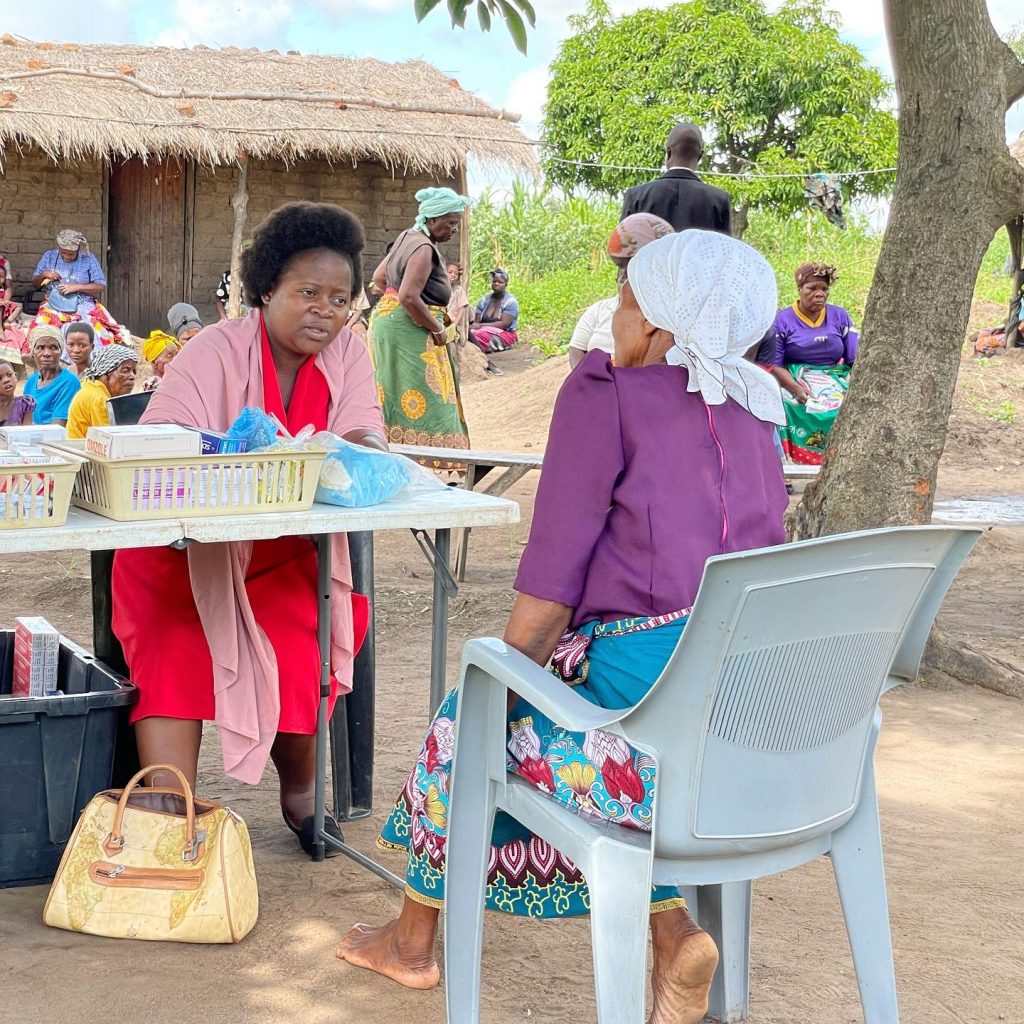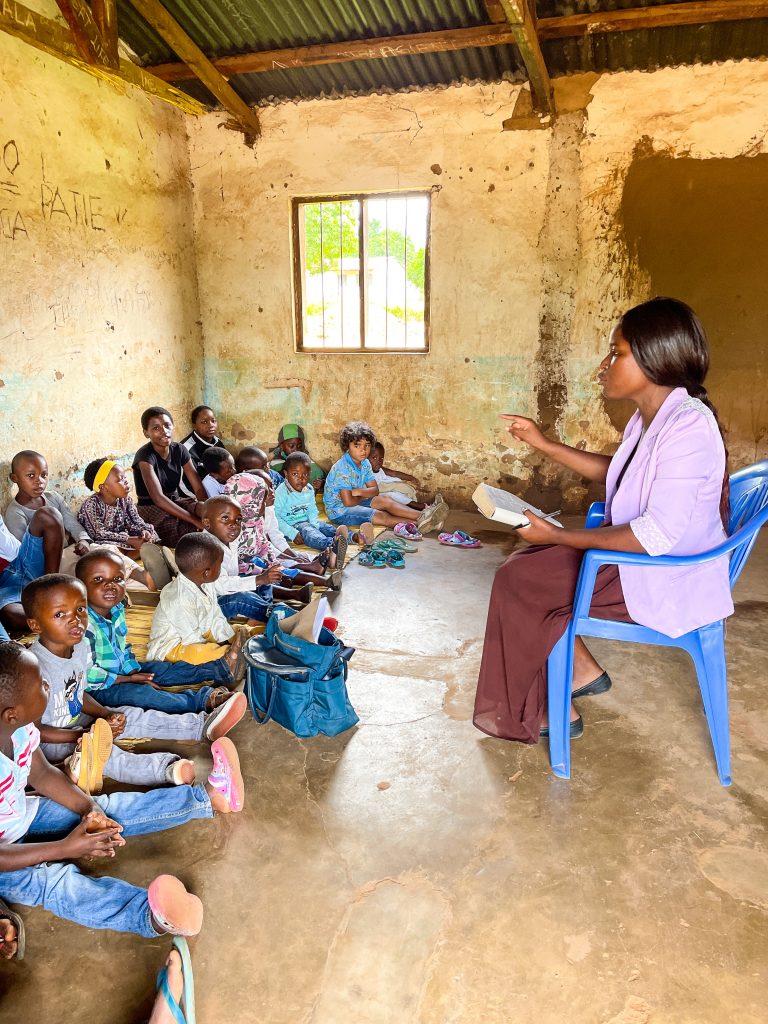Malaria sounds scary.
To those of us who come from places where malaria isn’t endemic, malaria probably brings to mind the description of Africa as the “missionary’s graveyard,” and it is true that before a treatment was discovered, scores of missionaries from Europe and America came here only to die quickly from malaria. In fact, their graves are still here today.
But malaria doesn’t have to be scary now. Malaria is caused by parasites that live and multiply in human blood. When a mosquito bites someone with malaria, the mosquito becomes a carrier and then passes on the parasite to the next person it bites. But if you contract malaria, treatment is a simple regimen of pills to be taken over the course of 3 days. When treated properly, the risk of death from malaria is very low.
Unfortunately, not everyone has easy access to the resources needed to prevent or treat malaria, and when malaria remains untreated, it is almost always a death sentence.

Malaria in Million
One of the primary illnesses that our mobile medical clinics treat is malaria. In April, we visited multiple locations and treated numerous conditions from skin diseases to sexually transmitted infections. Yet nowhere did we see the need for our mobile medical clinics more dramatically than in the village of Million.
Million (Yes, we all wonder how it got that name!) is a remote Malawian village on the border with Mozambique. To reach it, you must drive through a large wildlife reserve (which has almost no wildlife left in it).
When Stacy Leigh and the clinic team visited Million, they treated 250 people, 130 of which were children. Most of the children had malaria.
Malaria is such a major problem in this village due to a few compounding reasons.
- First, the village is near marshy land where mosquitos breed.
- Second, the village is far away from any medical care, and it is expensive for the villagers to hire a motorcycle to take them to a clinic or hospital to receive treatment.
- Third, since the transportation costs are high, many villagers wait to seek treatment until their symptoms are severe. This results in more malaria cases because mosquitos bite the untreated and then spread it to others.
- Fourth, also because of their remoteness, most women give birth at home instead of traveling to the hospital. When you have a baby in a government hospital in Malawi, you receive a mosquito net, but since these families are not going to the hospital, they are not receiving nets.
As a result of all these factors, malaria remains a major and ongoing problem for these villagers. We are glad that God uses our mobile medical clinics to save many lives, especially of the children, and because we have seen how drastic the need is in Million, we are looking into ways to help this community even more, not just with treatment but also with prevention.

Preparing the soil for Church Planting Teams
We also visited two new locations with our mobile medical clinics, one in Mombezi village and the other in Chipwanje village. We treated 63 and 112 people in each village respectively.
In 2021, our church planting teams started churches in each of these villages. These areas are both far away from any of our other partner churches. In June, we will be sending church planting teams to these locations again to start even more churches in neighboring villages.
We hope that our mobile medical clinics will prepare the soil for the seed that our church planting teams will be sowing. While everyone who visited our clinics heard the gospel, we also look forward to the more in-depth gospel preaching and discipleship that our church planting teams will bring in a few weeks.

Teaching pastors one more time
In the month of May, we will be gathering pastors again to teach them one last time before our family goes to the U.S. on furlough. We will be with the Lower Shire pastors during May 15–19. This will be the first time that we have gathered there since cyclone Ana. We will meet with the Zomba pastors the following week, May 22–26.
I will be teaching Romans 9–16, while Isaac will be teaching a short course on the prosperity gospel, the charismatic movement, and spiritual gifts. We look forward to this time of fellowship and encouragement.

